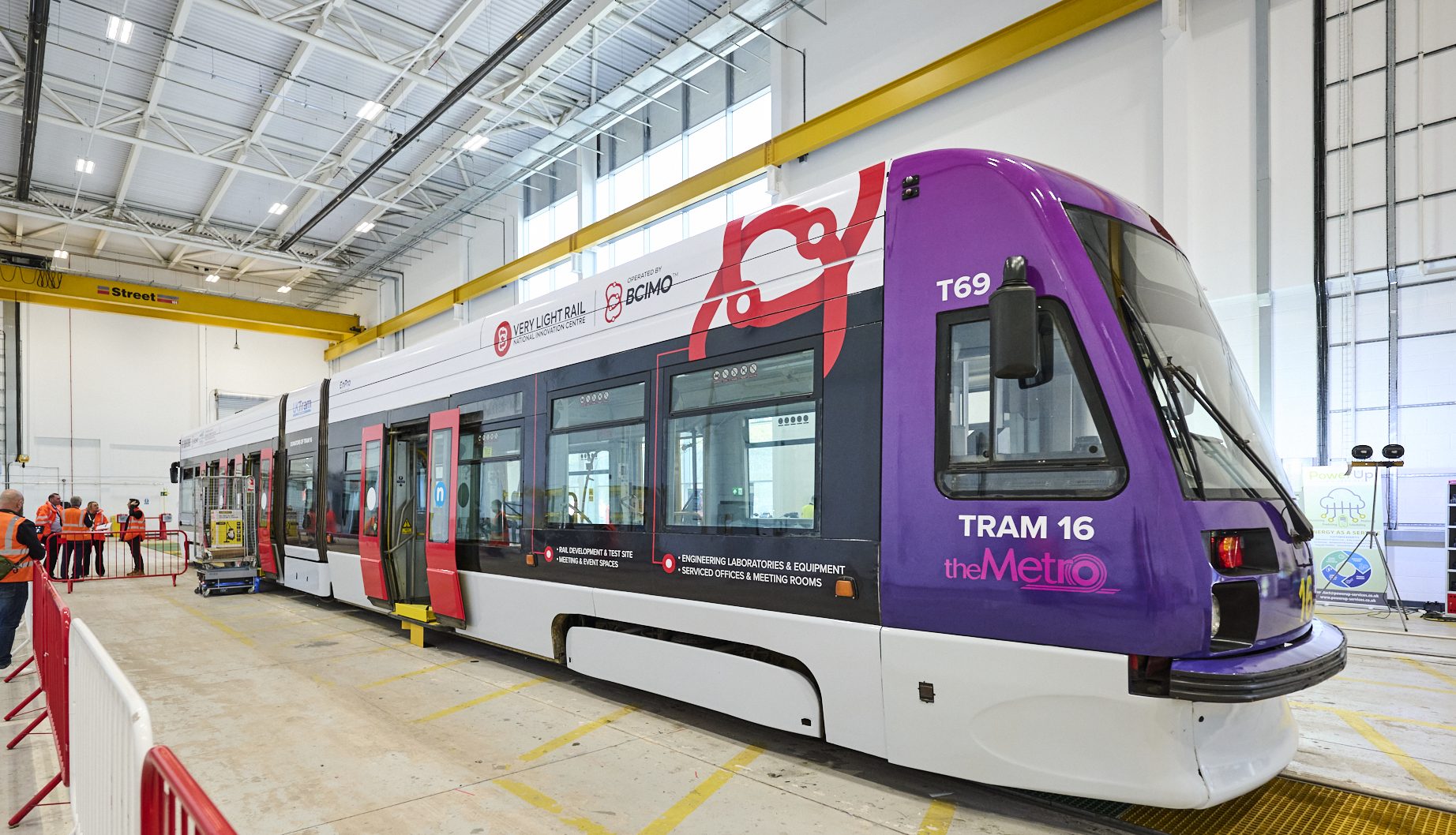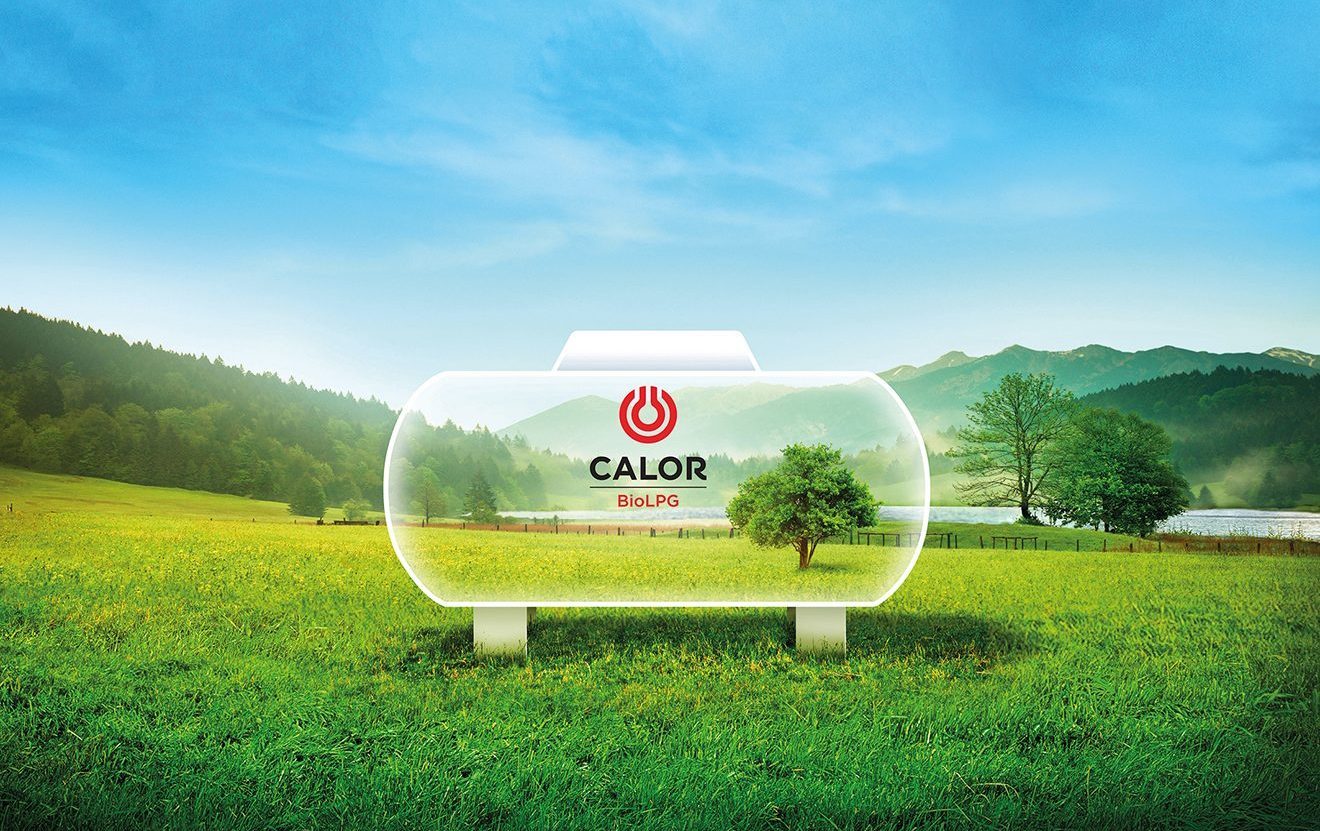This website uses cookies so that we can provide you with the best user experience possible. Cookie information is stored in your browser and performs functions such as recognising you when you return to our website and helping our team to understand which sections of the website you find most interesting and useful.
Blog > A simple clean air, low-carbon energy hack
Fuel cell pioneers Adelan led a cleantech brainstorming event recently in a bid to solve some of society’s biggest challenges. Spearheading the event at STEAMHouse, Birmingham’s leading business incubator, their conclusions were disturbingly simple: Back local low carbon innovators.
Posted 5 Nov 2019
With the global cleantech sector expected to engage $60 trillion of investments in order to help the world achieve its 2050 carbon targets, why it is that home grown UK cleantech often fails to reach even local markets?
Certainly there is no shortage of commercial opportunity in Birmingham – with the clean air zone, the forthcoming Commonwealth games and HS2 all on the doorstep. Cleantech firms like fuel cell innovators Adelan should be thriving. But the reality is that home-grown pioneers are not supported to achieve their commercial potential in the UK, due to market bottlenecks and a top-down approach.
This is not because UK companies are sub-standard or their technology innovations do not support vitally important global objectives.
In fact, one of the key reasons is that long-established energy sectors like fossil fuels and nuclear power continue to receive government subsidy, while UK-developed cleantech does not. Giving this subsidy to fossil energy is supposed to keep people and goods moving, keep energy for businesses competitive and keep the lights on, but that’s not true. It penalises breakthrough technologies by making them appear more expensive, and slows them from reaching UK markets.
It is clear that to combat climate change more needs to be done to realign market structures. What support is available to help build up clean energy businesses has not generated the right results. In the UK the structures that bind the publicly-funded networks and supporting bodies that do exist mean that only a fraction of any headline public investments reach disruptive innovators themselves. UK growth investment to grow these businesses is needed immediately if they are to reach the necessary scale required.
Dramatic change is possible. Germany alone, for example, recently pledged some $60 million of investment to get back on track with its national climate targets. But Germany’s finance initiative also comes with a series of practical measures designed to target society’s worst carbon excesses. Higher taxes on cars and air travel, cheaper rail tickets, bans on new oil heaters by 2026 and higher carbon prices all feature in this comprehensive programme. Cleaner alternatives are funded to replace them, and ground-up programmes develop promising cleantech until it reaches the market and can commercialise.
In China, and throughout Asia, subsidies play an important role in encouraging businesses to develop cleantech and that structure is yielding results. New analysis from research firm Global Data indicates that China is by far the leader when it comes to rolling out its electric vehicle fleet. It’s way ahead of Europe.
Certainly there are mechanisms by which local market demand could be better connected to local low-carbon and clean energy technology entrepreneurs and businesses.
Green businesses must be more accurately defined and mapped by existing business networks – a business is not just green because it self-defines as eco or green. There are radical businesses that will lead the way towards a new green economy, there are migratory businesses that will adopt and move towards sustainable action, and there are businesses that will fail because they are based on an unsustainable model. The UK has a very poor record in commercialising green tech.
Green and low-carbon leaders must also be supported to create real change. They must be encouraged to share successful case studies. Trials of new technologies developed locally must parallel imported technology programmes – for example, almost all fuel cell and hydrogen technology projects in the UK rely on imported fuel cells. This restricts the skills and talent pipelines in the UK and undermines local cleantech businesses.
To support positive change, the vast public procurement that goes on within the region can be harnessed to rely more on local businesses in sectors that support the local green growth agenda. There are significant existing opportunities to roll out clean technology in the region, but these are currently overlooked and missed.
Such a strategy would accelerate the growth of existing local green and cleantech businesses. Simultaneously it would help to harness resident intellectual capital by allowing universities to support local networks and work with smaller businesses instead of actively courting large corporate entities for vital R&D funding.
There is no time for business as usual. The story of Boulton and Watt provides some important historical context. They succeeded – the backer, the team, the technology and the innovative business model – based on coal efficiency savings. Reduced fossil fuel use is even more urgent today.
Here in Birmingham there is plenty of new funding to explore what should be done, but few schemes directly funding the innovators and businesses that can achieve the necessary change. One highlight is a new West Midlands initiative that Birmingham City Council has launched to engage local cleantech solutions like Adelan fuel cells in defining the Route to Zero Carbon (R20).
Key to solving the city’s climate and clean air challenges will be identifying new funding to resource the innovators and the technologies developed in the city, for the city. Better engagement between local policymakers, businesses and technologists will surely make all the difference. But funding those new relationships – not providing money to fossil energy – must be the priority.
About Adelan
First founded in The Midlands, Birmingham-based Adelan pioneered microtubular solid oxide fuel cell (SOFC) technology more than 30 years’ ago. Adelan’s patented and scalable technology gives the fuel cell unprecedented flexibility, allowing the system to run on a range of commonly available fuels such as LPG, natural gas or propane/butane mix. As a result, though Adelan fuel cells can also run on hydrogen, they offer considerable additional operational flexibility and ease of use benefits whilst retaining a small, compact and lightweight foot print.
To discover more about how Adelan can support your future energy ambitions or to meet your requirements for clean, quiet and reliable energy for remote, mobile or any other applications, please contact Dr Kendall and the rest of the Adelan team at:
Adelan Ltd, 15 Weekin Works, 112-116 Park Hill Road, Birmingham, B17 9HD (UK)
Tel: +44 (0)121 427 8033
News Archive
Our Media
Adelan has successfully demonstrated SOFC’s potential by powering auxiliary power on a very light rail (VLR) vehicle in the Black Country, reducing operating costs through fuel efficiency and slashing carbon emissions
The collaboration between Adelan and the UK Manufacturing Technology Centre (MTC) aims to scale up production in the UK. This partnership will increase UK manufacturing capacity to enhance the UK electric vehicle supply chain
Following the Invest West Midlands case study, Adelan’s innovative microtubular Solid Oxide Fuel Cells (mSOFCs) have been highlighted for their ability to use conventional fuels like propane and biomethane.
Hydrogen fuel cells are key to a low-carbon energy future, but face challenges in production, infrastructure, and costs. Adelan’s microtubular SOFCs provide an immediate solution by using readily available fuels like propane and biomethane, supporting the hydrogen economy transition.
Pioneering mobile fuel cell applications, Adelan scores another win with its proven SOFC technology, with a project with construction giant Speedy Hire. A hybridised system powered by fuel cells could spell the answer to decarbonising mobile construction lifts.
The UK Mission Innovation Hydrogen Champion proposes 3 simple steps to build a UK green hydrogen ecosystem: 1) National strategy, 2) Regional clustering, 3) Democratise tech funding







